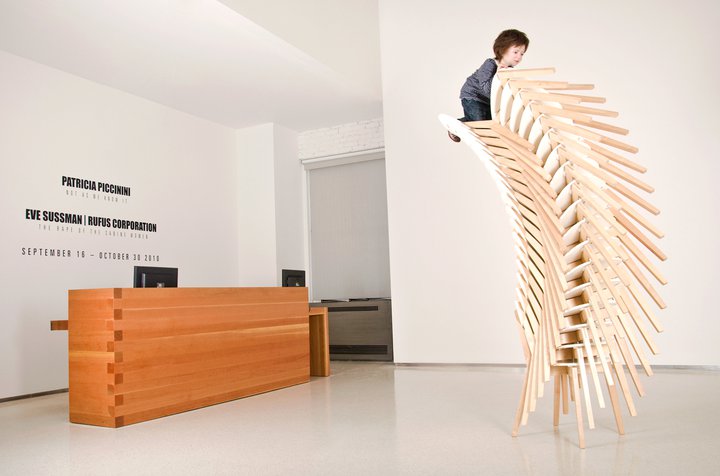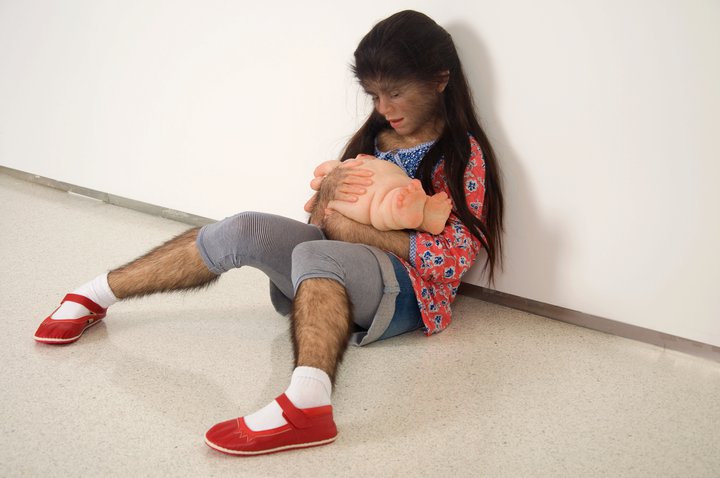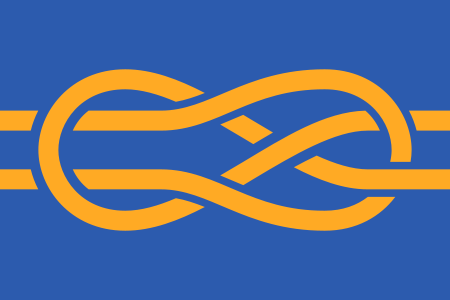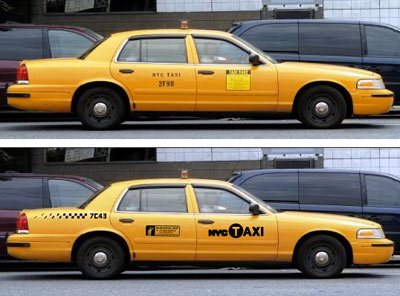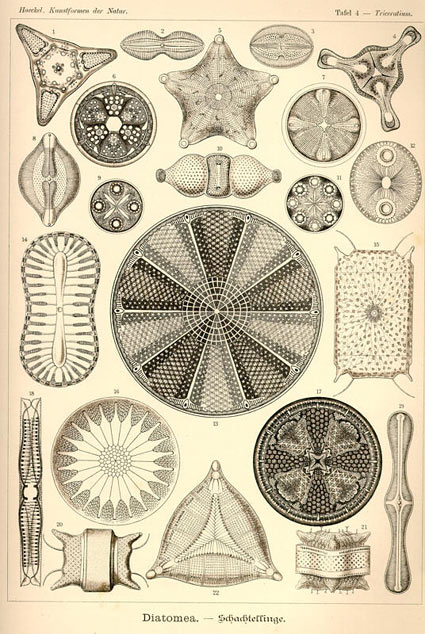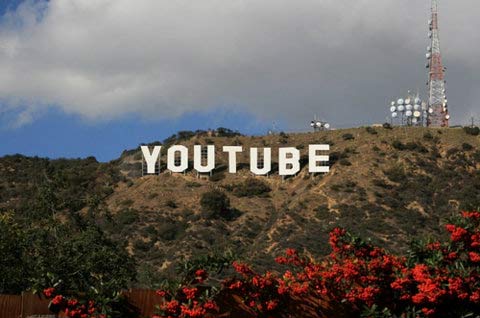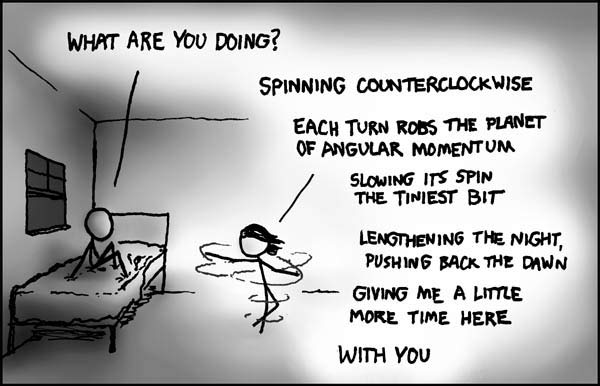Every scene of the film utilizes the six colours of the spectrum, with manipulations of hue, value and chroma, according to the nature of the specific location. Colour in Eyes Wide Shut often has a symbolic role to play, communicating visually, for example, a psychological aspect of a character. Most of EWS was filmed using existing light sources such as the lamps that are visible in the frame. The amount of light reflecting off a shape determines the colour and vividness of its hue; and as a result of EWS using low light levels a series of optical illusions relating to hue results. Depending on the amount of light and the angle of the camera, a shape can be here one shade and then there another shade. Herein is a list of the most noticeable examples:
a. In Ziegler’s bathroom in 17, to the far left there is a smallish square (aftershave?) bottle on a shelf under a mirror. The first time the bottle becomes visible, near the beginning of the scene, the liquid inside is a distinctly high value chromatic blue. At the end of the scene, the camera angle having shifted, the liquid in the bottle, still on the left-hand side of the screen, now looks distinctly light green.
{ Notes on Eyes Wide Shut, a film by Stanley Kubrick | a shot-by-shot commentary of Part I of the film by J. S. Bernstein | PDF }
Although it’s set in New York, there are only the most fleeting glimpses of the real city, courtesy of a Second Unit.
The ‘Long Island’ mansions were found in the Home Counties, the ‘Greenwich Village’ streets constructed at Pinewood Studio or faked in corners of central London.
The exterior of the mansion of Victor Ziegler (Sydney Pollack, replacing Harvey Keitel), is the Consulate General of the Republic of Poland, East 37th Street at Madison Avenue in the real New York.
The party interior, though, where Dr Bill Harford (Tom Cruise) attends to a guest after she ODs on a speedball, was filmed at Luton Hoo, Hotel, Golf and Spa, near Luton in Bedfordshire.
The interior of ‘Club Sonata’, the New York jazz club, is Madame JoJo’s, Brewer Street, in Soho, London.
Most of the ‘Greenwich Village’ street scenes were shot on huge and elaborately detailed sets at Pinewood (the proliferation of T-junctions is a dead giveaway), but for a few shots, London streets were dressed as New York.
{ Movie-locations.com | Continue reading }
Kubrick — born and raised in the Bronx but for many years an expatriate who refused to fly–didn’t go near Manhattan in the 90s, and the movie clearly reflects that. (…)
The film credits a lighting cameraman but no director of photography, which has led critic Kent Jones to surmise correctly that Kubrick shot most of it himself.
{ Jonathan Rosenbaum }









